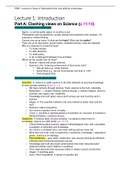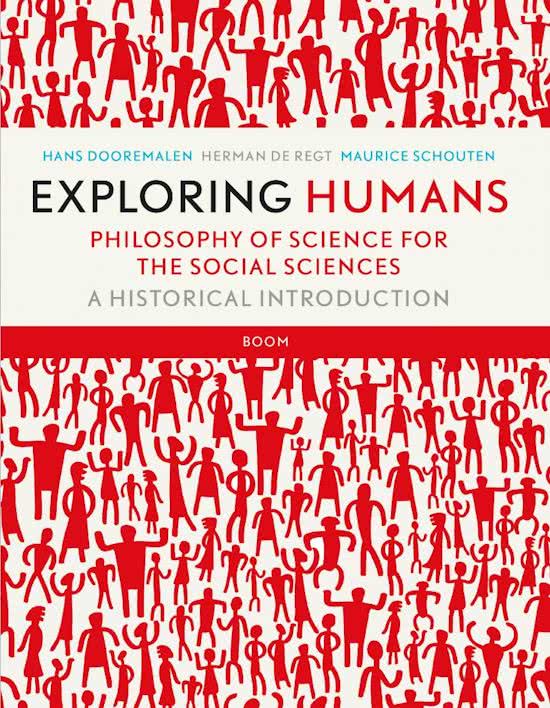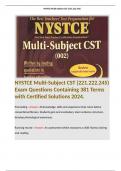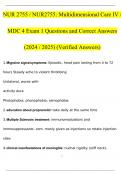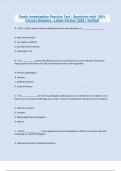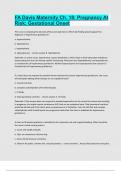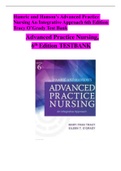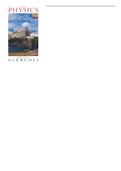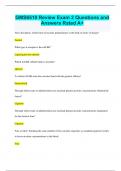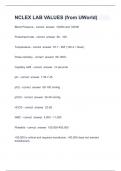Samenvatting
Summary Exploring Humans, ISBN: 9789085062264 Philosophy of Science and Methodology (PSM) for Communication Science Course at the UVA
- Instelling
- Universiteit Van Amsterdam (UvA)
- Boek
- Exploring Humans
Summary of all Lectures and referencing to relevant page numbers throughout (highly useful for open book exams), and revision summaries. Using these notes I scored a 9.4.
[Meer zien]
